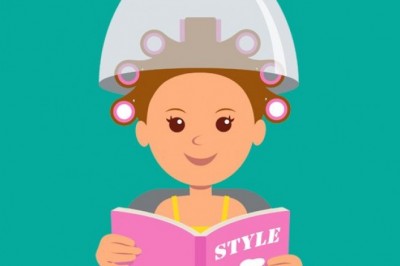685
views
views

Critical thinking happens when you engage in reflective and independent thinking, instead of making sweeping generalizations or falling prey to cognitive biases like stereotyping. For instance, you’re thinking critically when deciding whether a story is credible by analyzing and evaluating all the information you find rather than only considering one perspective. Consequently, critical thinkers often have a more balanced and rational view of the world.
What are the benefits of critical thinking?
Since critical thinking involves analysing and evaluating all information available to you, it can help you better understand others and cultivate your own empathy.
Critical thinking skills can help you:
- Succeed in undergraduate and graduate school, across disciplines.
- Identify reliable sources of information.
- Understand your own biases to better understand yourself and those around you.
- Stay invaluable in a fast-paced or knowledge-driven workplace. Critical thinking is considered a top skill for success in the fastest-growing jobs.
- Improve other life skills like communication, creativity, and self-reflection.
Critical thinking can have benefits across multiple areas of life.
Here are some expert-suggested strategies to help boost your critical thinking skills.












